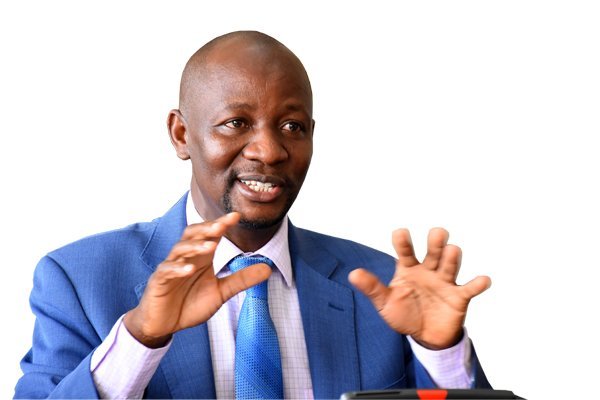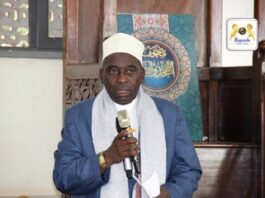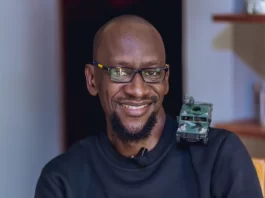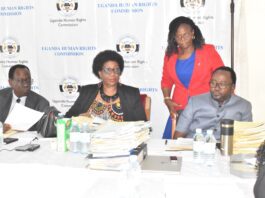Ibrahim Ssemujju Nganda, the Kira municipality Member of Parliament (MP), has said that nothing has changed about the fight against corruption besides the increased public pressure and anger, saying that this scourge remains an uphill battle.
Ssemujju made these remarks while discussing the unending struggle against corruption on local television with Emmanuel Dombo, the Director of Information, Publicity, and Spokesperson of the NRM party.
He claimed that the ruling NRM and its leaders are fortified in the belief that as long as they can master the numbers to support the party, President Museveni will always pardon them, even in the face of corrupt practices.
“The fight against corruption can only be won in a post-Museveni era, as the current environment makes it impossible to achieve meaningful progress,” Ssemujju said.
He questioned the motives of the opposition, citing a previous statement by Gen Mugisha Muntu, the Alliance for National Transformation (ANT) party leader, who allegedly said that the opposition is not seeking to remove Museveni but wants to seize the opportunity to be as corrupt as him.
Ssemujju further noted that countries do not depend on good intentions or favors, but instead, they rely on established systems and institutions. He added that in the case of Uganda, political authority is concentrated in one individual rather than being distributed among various institutions that carry out checks and balances.
“When systems are broken, people can be tempted to take advantage of the lack of structures. The key point is that, established systems are important to maintain order and prevent things from getting out of hand, and becoming worse when they are disrupted or dismantled,” Ssemujju noted.
Conversely, Dombo argued that the government has been actively fighting corruption. He pointed out the presence of convicted individuals in Luzira prison as evidence of the government’s efforts.
He, however, acknowledged the need for stronger measures, suggesting that corruption should be treated as a capital offense, where offenders are arrested and held accountable for their actions rather than being granted bail and allowed to manipulate the system.
“The current judicial system takes a lot of time, and it’s prone to compromise. Going forward, everyone has a role to play in the fight against corruption,” Dombo said.
A study commissioned by the Inspectorate of Government with support from GIZ in 2021 revealed that every year, Uganda loses about Ugx 9.4 trillion to corruption through bribery and maladministration in the procurement function, inflated payrolls, tax evasion, theft of government drugs, and other forms of corruption.










